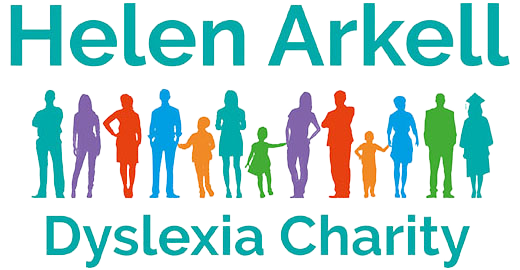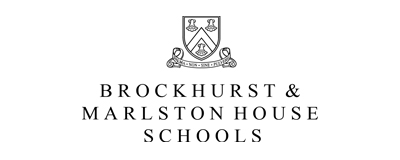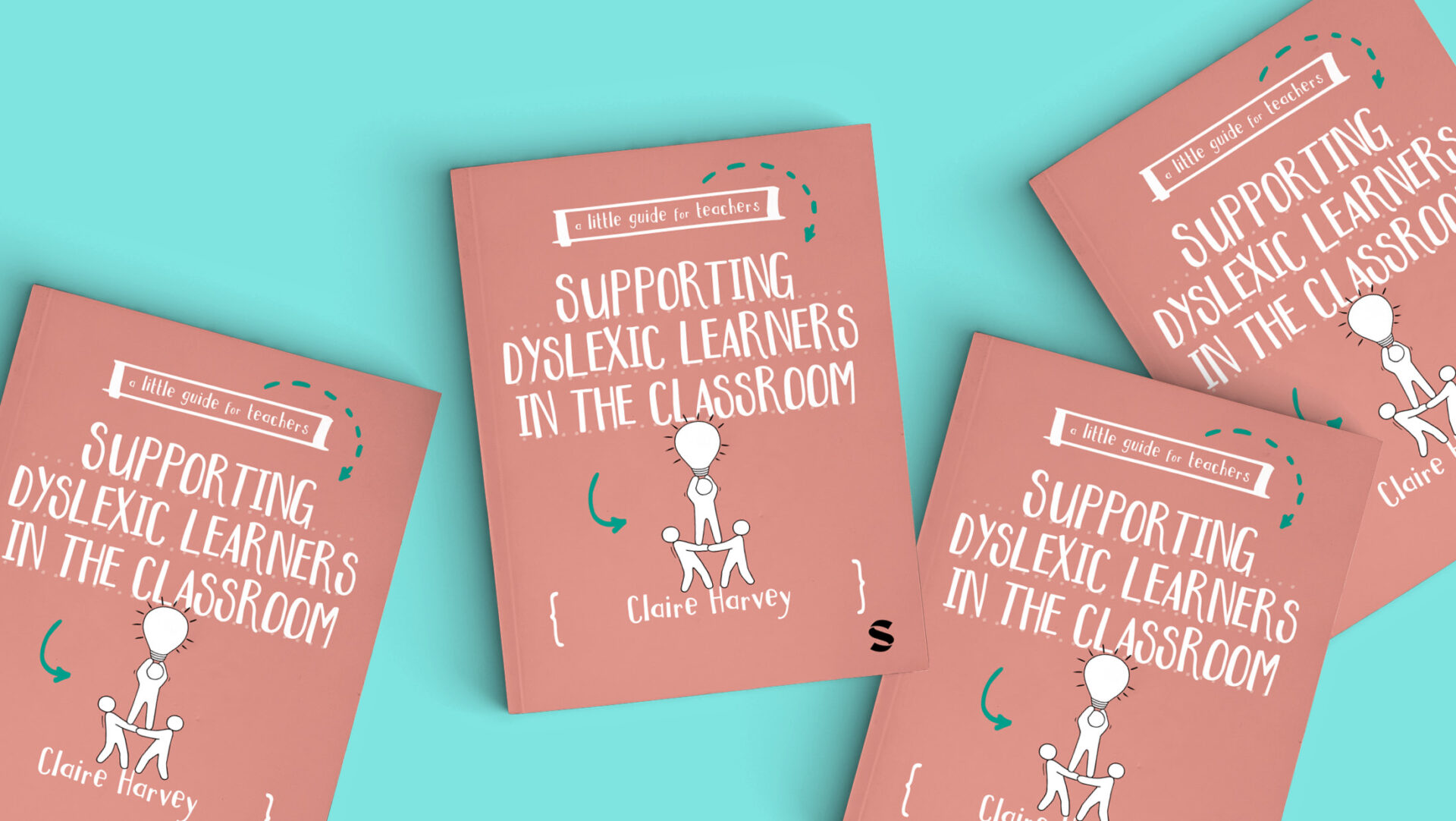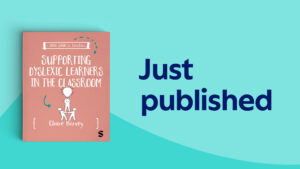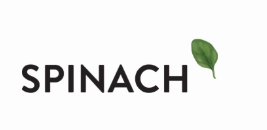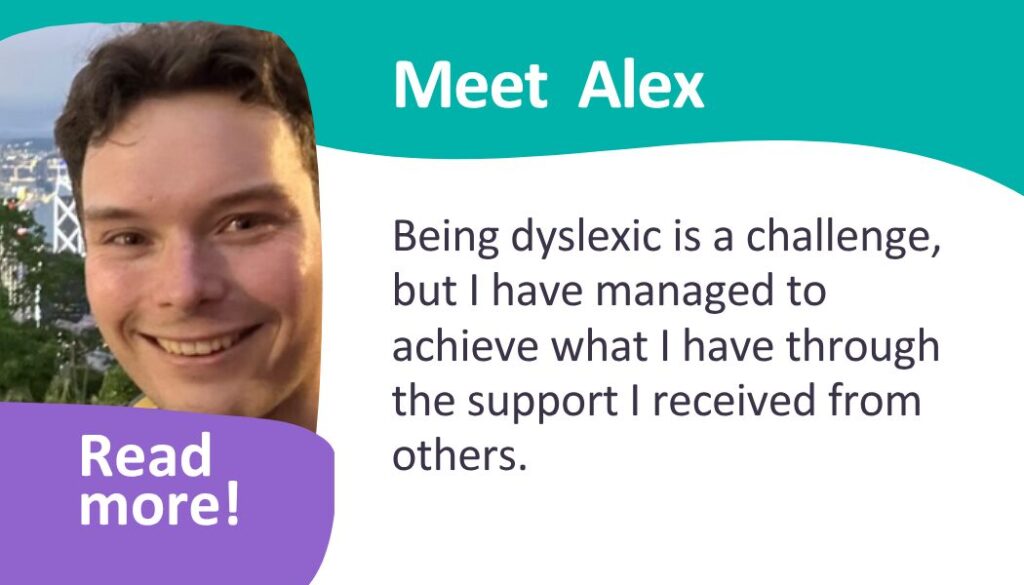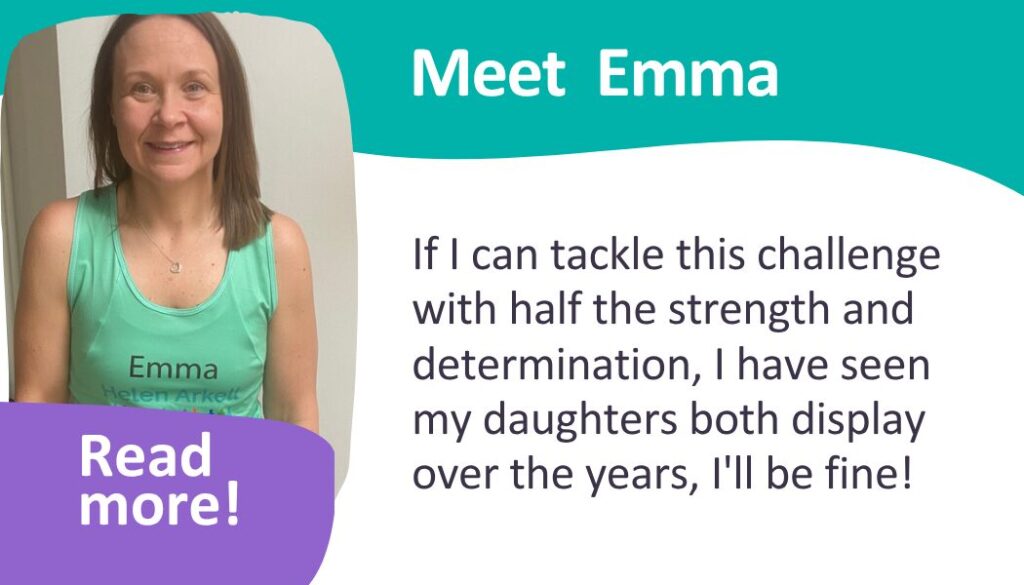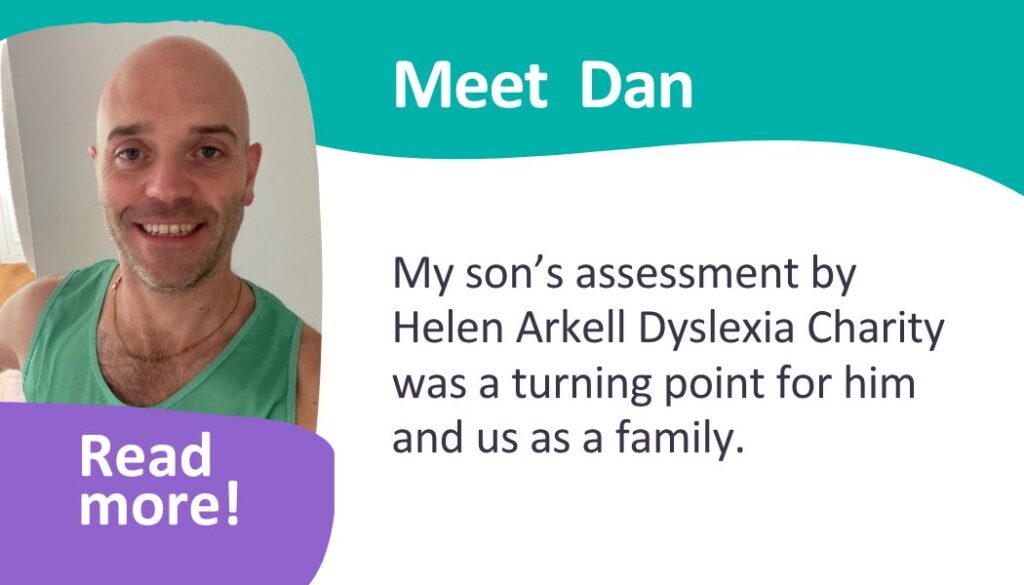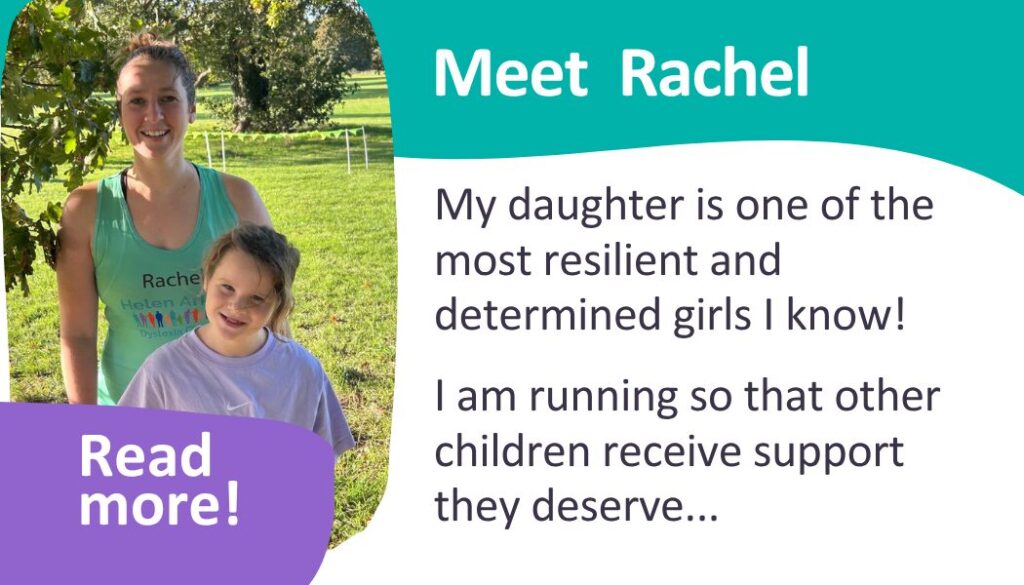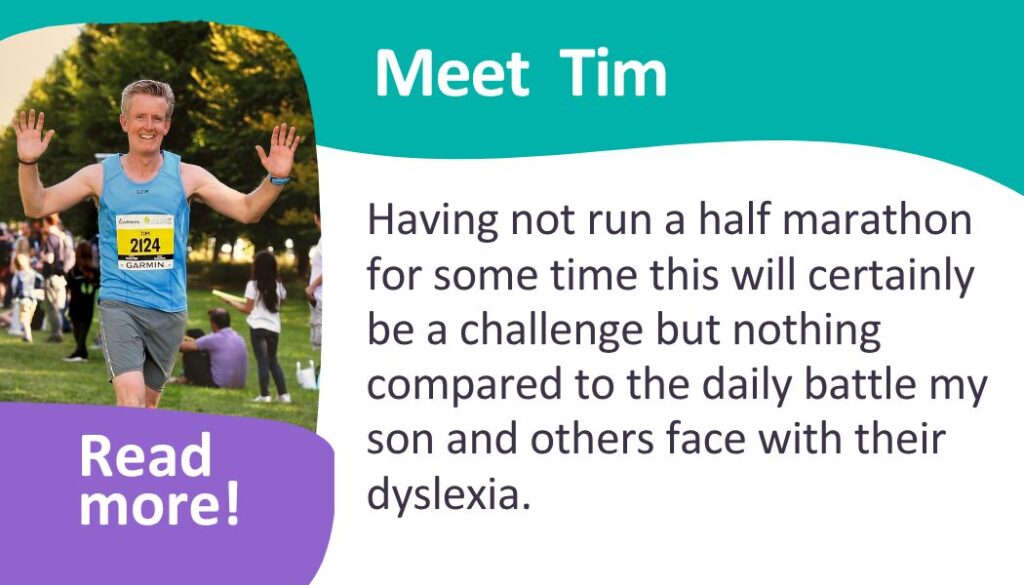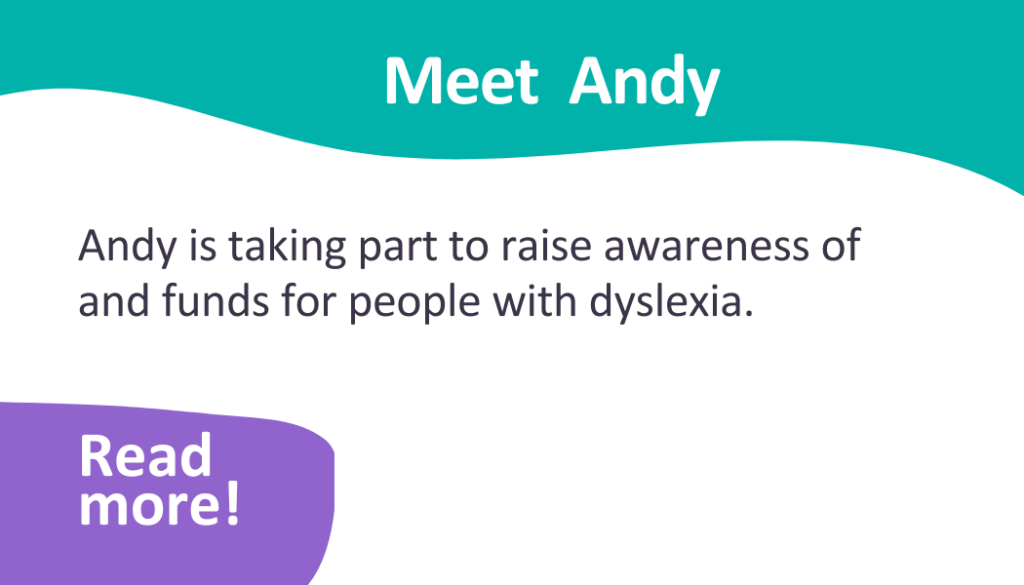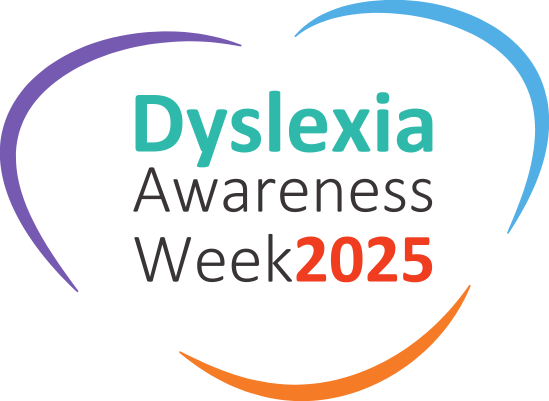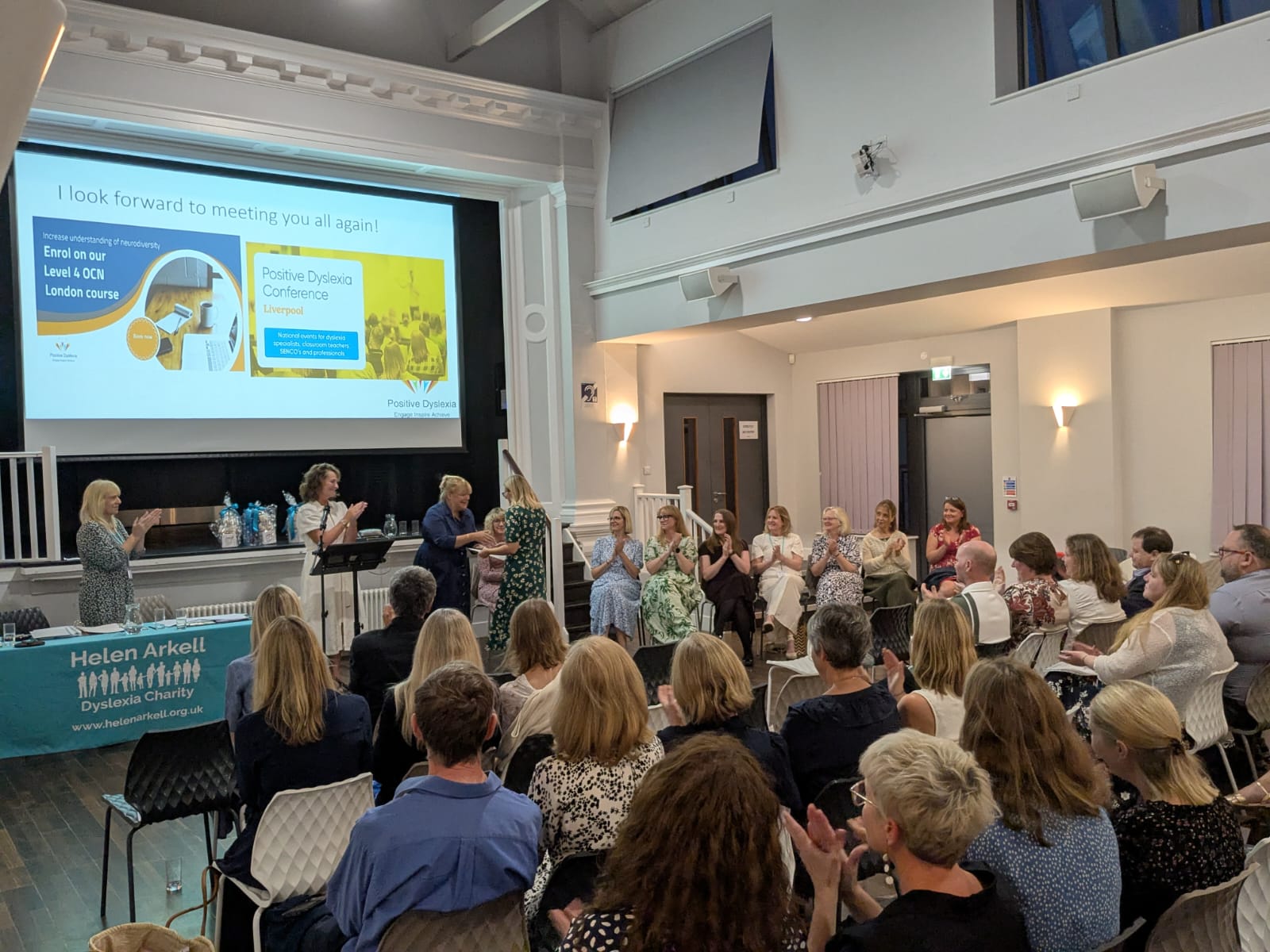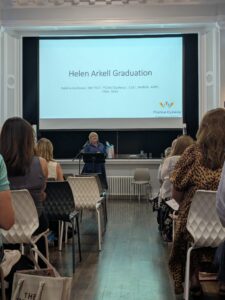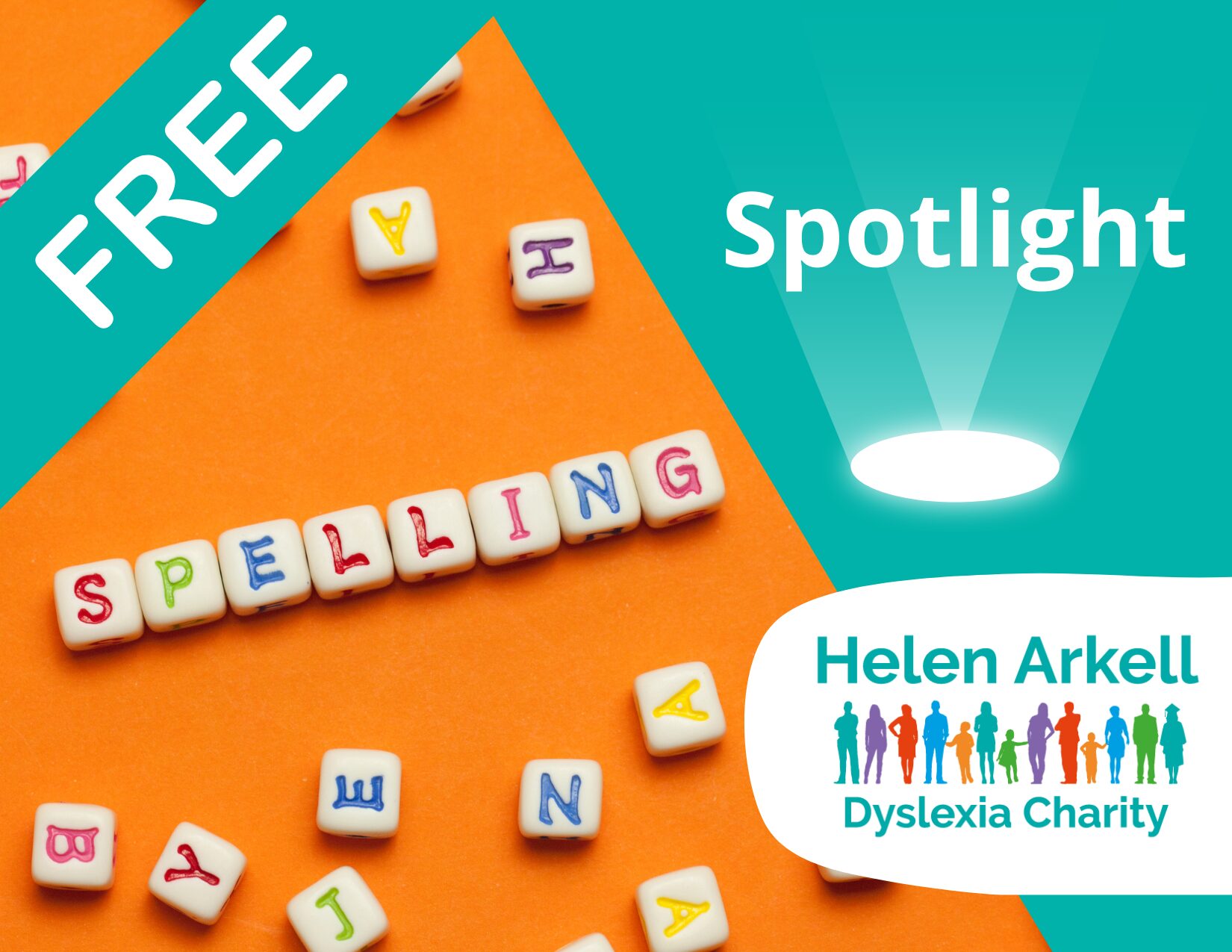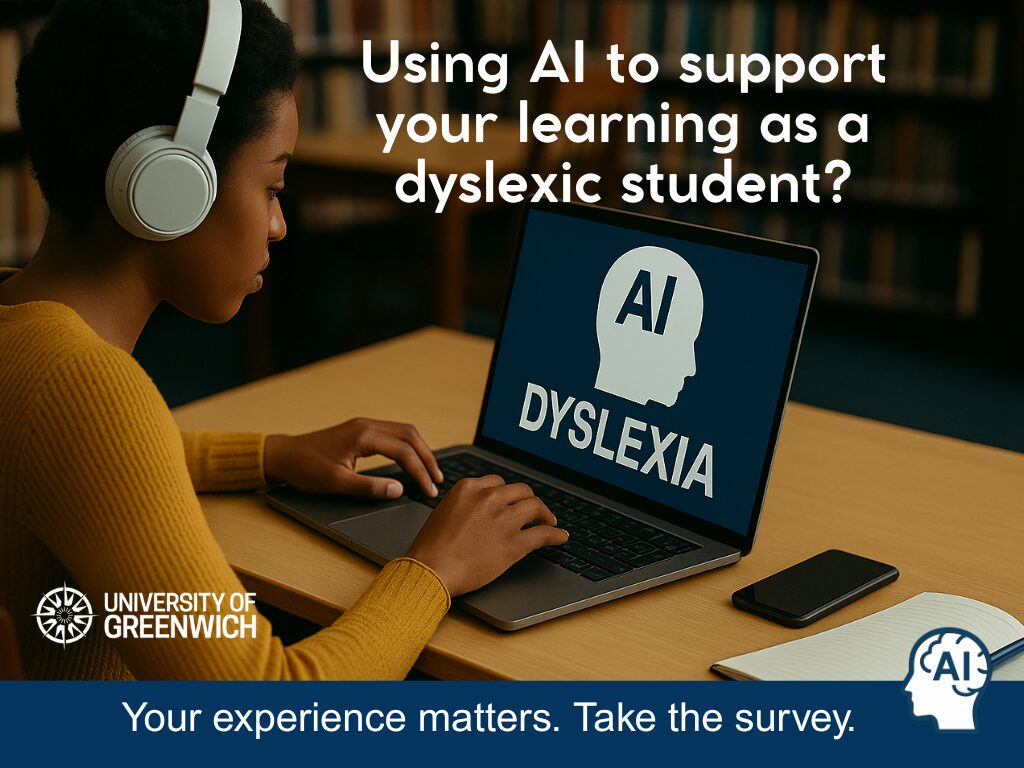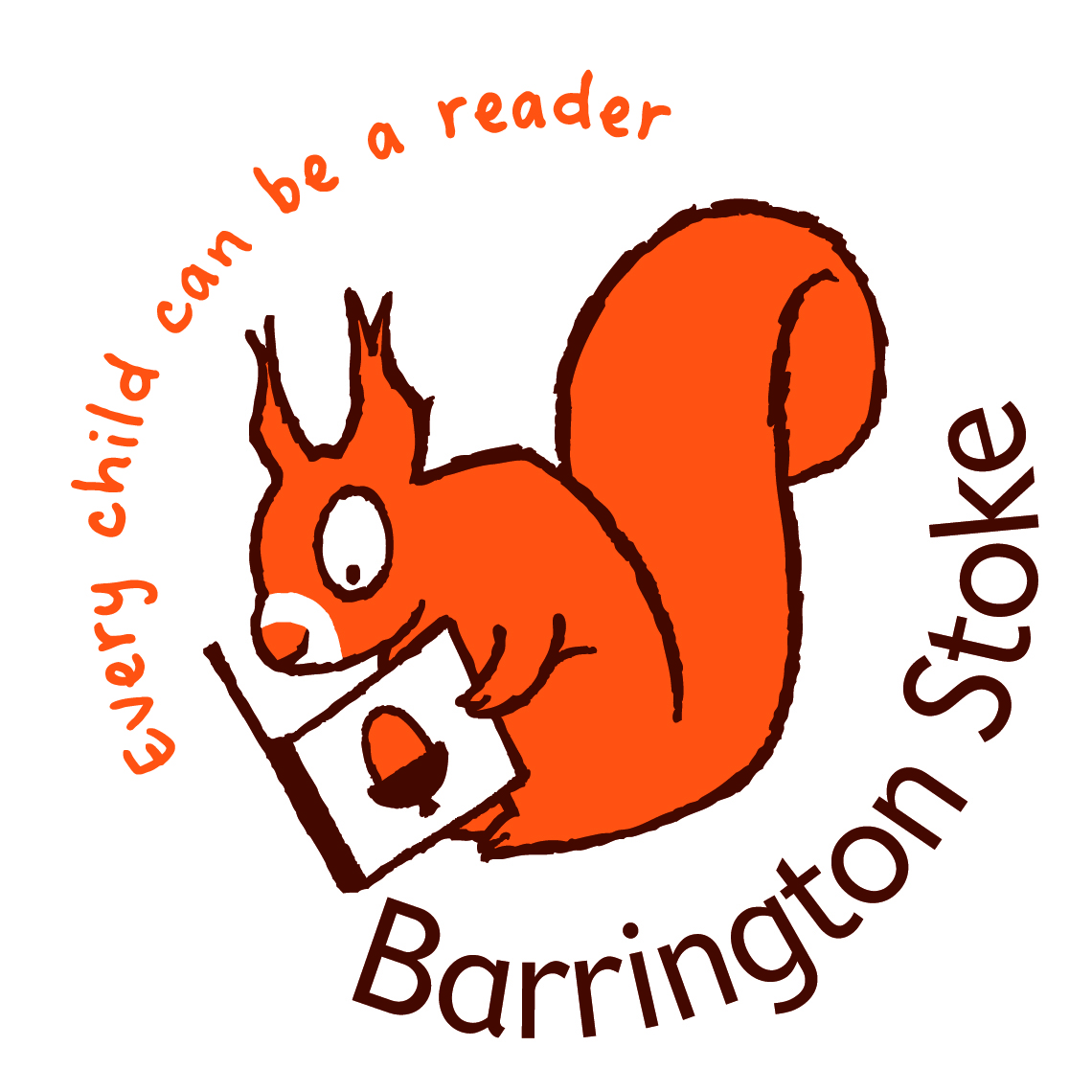SEN 1 to 1 Teaching Assistant
SEN 1 to 1 Teaching Assistant
Hours 8.30-12.30
Term time only
Required for January
Salary dependent on qualifications and experience
The ideal candidate will have:-
- Experience of working with children with a specific learning difficulty.
- We are seeking to appointment a teaching assistant to work on a 1 to 1 basis with a pupil in Year 3. The role will involve supporting the pupil during the school day, under the guidance of the class teacher.
- Must provide firm but gentle support and guidance.
The schools are committed to safeguarding and promoting the welfare of children and expect all staff and volunteers to share this commitment.
Brockhurst and Marlston House are twin Preparatory Schools for boarding and day boys and girls, situated 7 miles from Newbury in the heart of the Berkshire countryside. The main school occupies a large country house built at the turn of the century in Elizabethan style. Our pre-prep school, Ridge House, is also on the same site.
There are 60 acres of grounds, some of which form the extensive games fields while other fields are used for grazing horses: riding is one of the optional extras offered.
We pride ourselves on being one of the best-equipped schools in Berkshire. We have a large sports hall, which converts to a theatre for the annual school play. We have a modern art and design technology department and a 25M indoor pool.
We are a nondenominational school, although morning assemblies and Sunday services are based on those of the Church of England.
The girls’ preparatory school – Marlston House – opened in 1995. They have the same facilities as the boys, but are taught separately in their own classes from Year 2 to Year 7.
There are up to 20 full boarders but up to 100 girls and boys are “flexi-boarders” staying for 1, 2, 3 or 4 nights each week.
| Job Title: | Teaching Assistant to support 1 to 1 |
| Reports to: | Class teacher and Director of LDC |
| Date: | January 2025 |
Job Purpose:
To provide support for a pupil with Special Educational Needs on a one to one basis in the classroom, under the guidance of the class teacher. To support the pupil during morning break and the lunch break.
Main responsibilities:
This job description is not intended to be all-inclusive. The post-holder may perform other related duties as required
- Supporting 1 to 1
- Working to a set programme
- Planning / observing / assessing / recording as required
- Communicating effectively with pupils, staff and visitors
- Making / laminating teaching resources
- Setting up for lessons / tidying up at the end of lessons
- Supervising during morning break and lunch times
- Attending termly whole staff meetings
- Attending meetings and liaising with external professionals
Qualities:
- Enthusiasm
- Caring
- Flexibility
- Reliability
- Able to take direction
- Able to take initiative
- Have a “can-do” attitude
- Excellent team player
- Patient and enjoy working with children
- Well-organised
Experience:
Previous experience of supporting individual pupils with special educational needs
Person Specification:
- A personable and supportive nature with a good sense of humour
- Committed to safeguarding the welfare of the pupils at the school
- Proactive and positive manner
To apply, please visit our website here.
CHILD PROTECTION
Brockhurst and Marlston House is committed to safeguarding and promoting the welfare of children and young people and expects all staff to share this commitment and adhere to, and comply with, the School’s Safeguarding and Promoting the Welfare of Children policy and procedures at all times.
HEALTH AND SAFETY
All staff at Brockhurst and Marlston House are required to remain vigilant, observe all relevant Health and Safety policies and procedures, take reasonable care of their own and others’ Health and Safety, report all accidents and incidents.
EQUALITY AND DIVERSITY
Staff at Brockhurst and Marlston House are expected to promote equality of opportunity for all pupils and staff, both current and prospective, and to support an environment that values diversity.
DATA PROTECTION
All staff at Brockhurst and Marlston House have a responsibility to ensure that data they are responsible for is accurate and appropriate to the needs of the School, and that they are responsible for ensuring any personal data processed for any purpose or purposes in connection with their role at the School, shall not be kept for longer than is necessary for that purpose or those purposes in accordance with the Data Protection Act 1998.
